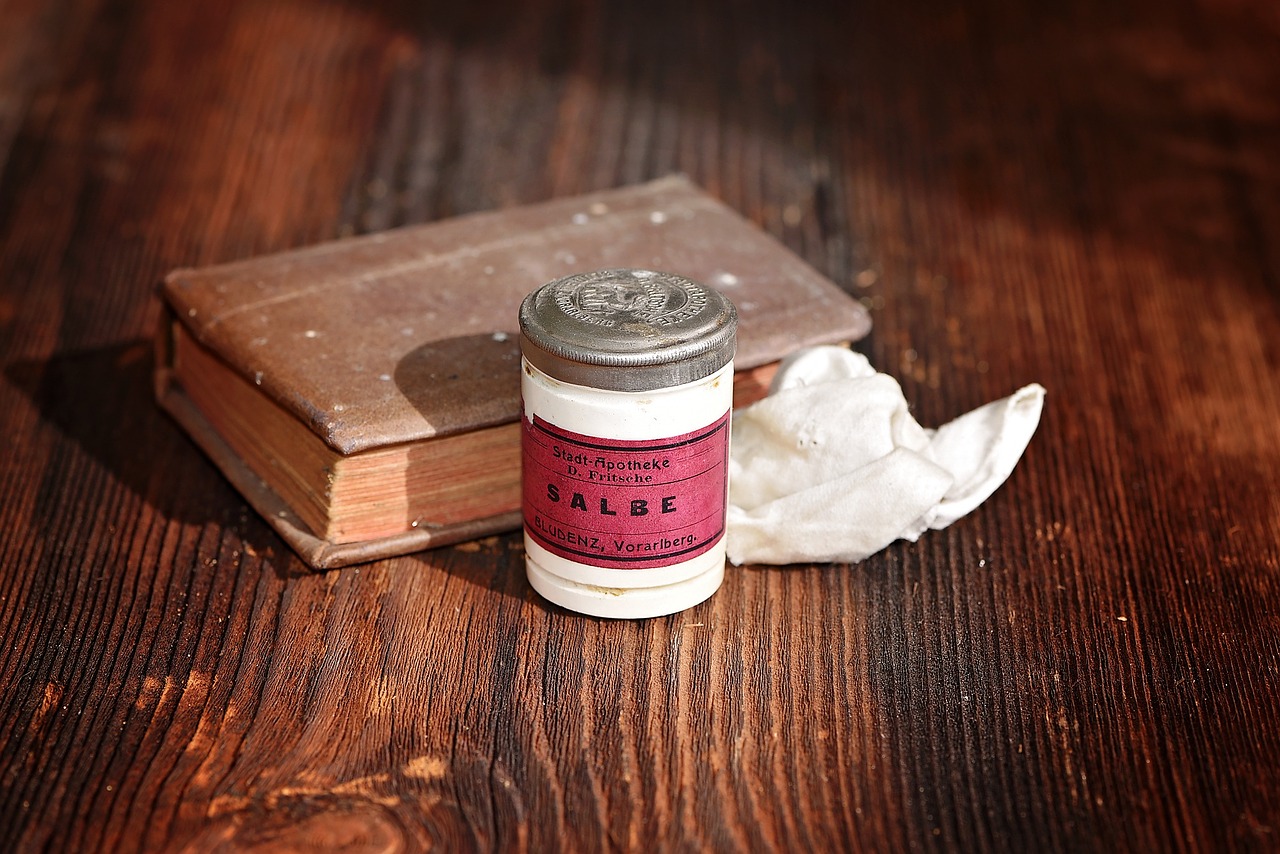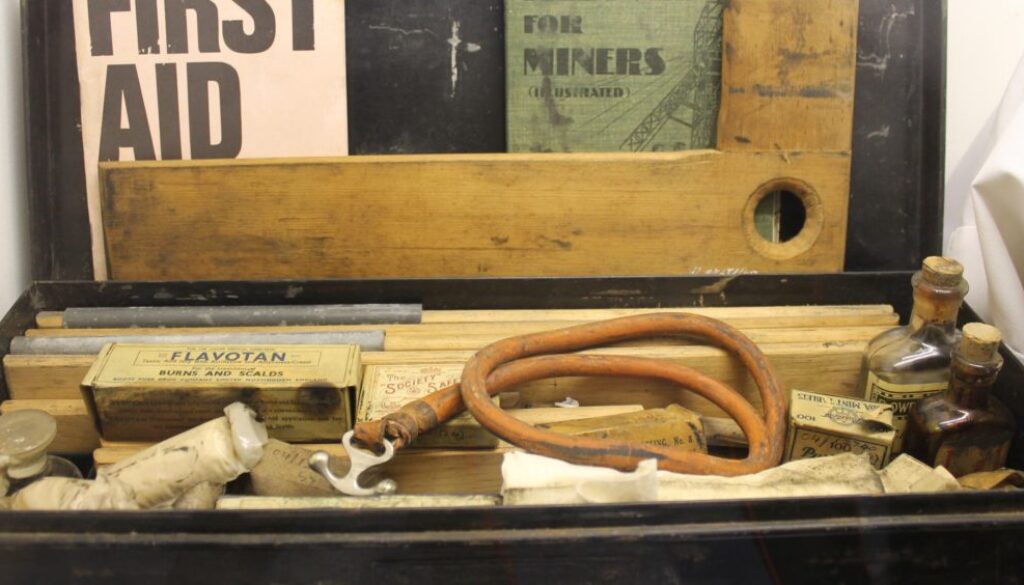Medications & First Aid for Safari Travel
General Medical Consideration
Preparing for your travel by bringing key Medications and first aid reduces the risk and stress of not finding adequate replacements in a foreign country.
Before you travel, we recommend that you inform your physician of your upcoming safari and discuss activities that may require some level of exertion.
Visit the CDC website to determine what vaccines you will need for the part of Africa you will be visiting.
When traveling to Africa the basic vaccines you will need will be Hepatitis A and Typhoid. You may also see recommendations to get tetanus and influenza shot if you have not had a recent one. It is recommended to get vaccinated several weeks before your trip.
If traveling to malaria known area make sure you take your medication exactly as directed. Typical drugs for malaria are discussed later. Verify on the CDC website if the area you are traveling is a malaria-risk region and talk to your physician as to what prophylactic drug will be best suited for you.
Before your travels get good rest, your body’s immune system is the best medication.
Medications and First Aid for Safari Travel
Your safari may put you in remote places, not immediately near a doctor or hospital, it is important to be prepared for minor medical situations. The list I provided here is what I have established over my years of travel and it works well for me. You can use this as a reference and develop your own medical kit in conjunction with your physician. It is imperative and I can’t stress enough that you consult your physician before taking any prescription or over the counter drugs.
First Aid
In most cases, the lodges will have a first aid kit and the outfitter will carry one in his or her truck. Sometimes people can forget to put things in their vehicle or a PH on occasion may use a truck belonging to the lodge or camp which may not contain a first aid kit. In my experience, the situations do vary. Be prepared and self-sufficient!!
-
As with any travel, it is always good to bring a small first aid kit. Purchase one that is small and easy to pack yet has all the key essentials.
-
The basic first aid kits should contain band-aids, a few gauze pads and tape, antiseptic wipes or cream (Bacitracin or Neosporin), burn cream for minor burns and sunburn, bug sting and anti-itch wipes or cream (Benadryl or any cortisone based), moleskin for blisters.
-
I would also recommend bringing antifungal creams (Tinactin), small talcum powder (Gold Bond or J&J baby powder), eye drops (Systane or Visine), muscle/joint cream (Penetrex or icy/hot, etc)
-
Another item I bring is a small dental kit. It contains a temporary filling kit as well as some Anbesol for toothaches. They can be purchased in pharmacies or Walmart.
-
A good small first aid kit can be purchased in Walmart or on Amazon and you can also look in the travel sections of pharmacies for small travel size powders and creams. Bring enough to be prepared and pack small enough to easily carry and bring with you in the safari vehicle.
Medications
Personal
Make sure you have all your necessary prescription medication for the duration of your trip plus a few days buffer for unforeseen circumstances. If possible, keep medication in original containers with prescription labels or if you use a pill carrier have the prescriptions labels with you in a small envelope. This will prevent local authorities from assuming an illegal substance is being brought into the country. I have never had a problem but its better safe than sorry. Keep your medications together and tidy it makes it easier for travel and use.
Over the counter (examples)
-
-
Advil or Tylenol (headaches, aches, fever)
-
Imodium-D (diarrhea)
-
Peptol Bismol tables (upset stomach, indigestion)
-
Allegra, Zyrtec, Benadryl (antihistamines, allergies)
-
Sudafed (nasal and sinus congestion)
-
Nyquil / Dayquil, Alka Seltzer plus, ConTAC, etc (Cold and flu medication (non-drowsy))
-
Desomedine 0.1% used for eye irritation and bacterial eye infections
-
Prescription Medication
Malaria (Doxycycline or Malarone). If traveling in a malaria-prone region. Check with your doctor what is best for the region you are visiting. CDC website https://www.cdc.gov/malaria/about is also great for information.
Emergency: Important note!! These medications should not be taken without discussion, consent, and prescription from your physician. They are strong prescription medications and should only be taken in an emergency and with proper guidance and instructions. If you exhibit any of the below severe symptoms during your safari you should ask your PH to get you to medical treatment as soon as possible.
-
Cipro is a broadband antibiotic that can be used for numerous ailments such as joint infections, intra-abdominal infections, certain types of infectious diarrhea, respiratory tract infections, skin infection and urinary tract infections.
-
Azithromycin is another antibiotic which is good in treating the following; middle ear infections, strep throat, pneumonia, traveler’s diarrhea, and certain other intestinal infections.
-
Prednisone is a corticosteroid used to treat inflammatory conditions such as arthritic pain, severe allergies, breathing conditions such as asthma etc. I personally take it along in case of severe joint or back inflammation or a strong allergic reaction. This is a steroidal drug and should only be used in extreme cases and with strict instructions and supervision of a physician.
-
Lotemax is a part of the corticosteroid family and is used to treat eye inflammation or infection.

A good source of reading to educate yourself on first aid and treatments is a book written by Eric A. Weiss M.D ‘A Comprehensive Guide to Wilderness and Travel Medicine’. It is a small book easy to pack, very concisely written and has a lot of very useful information.

